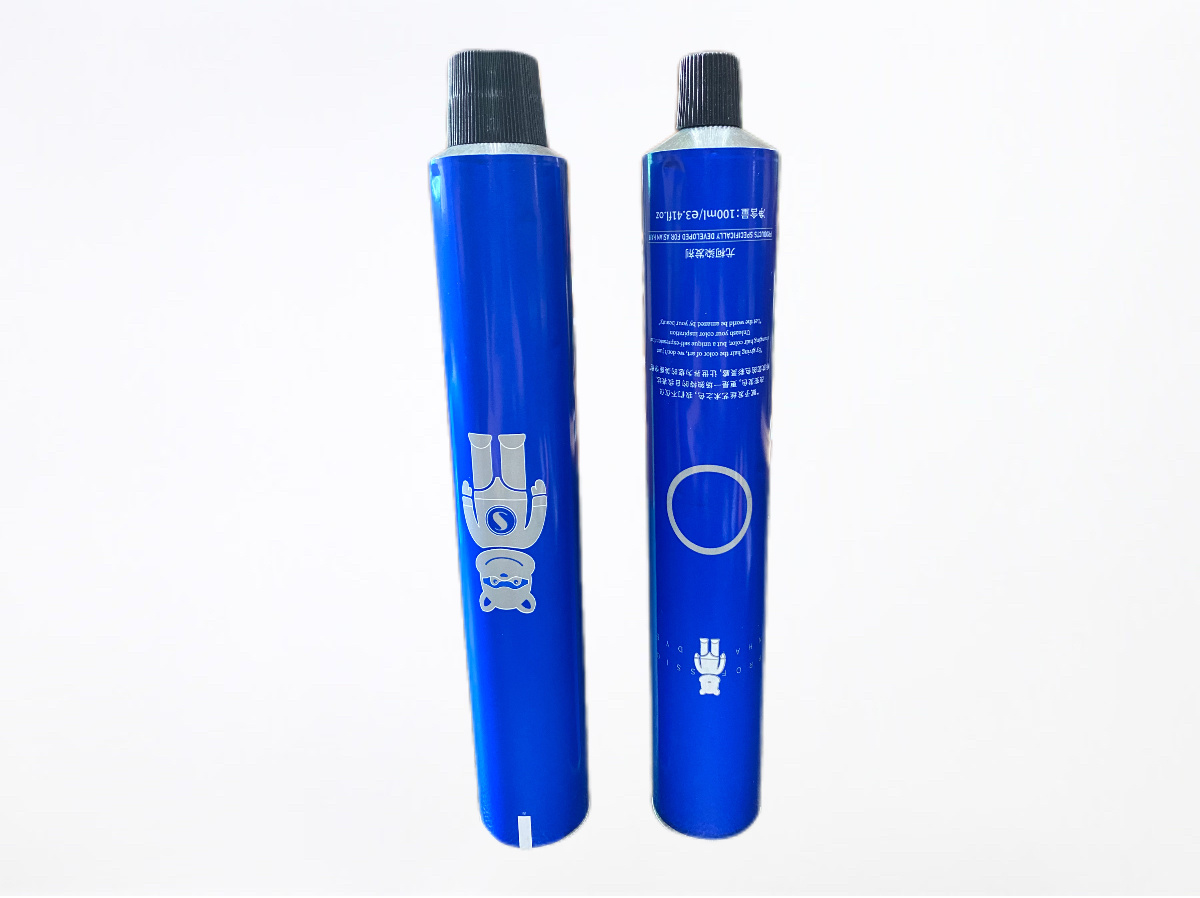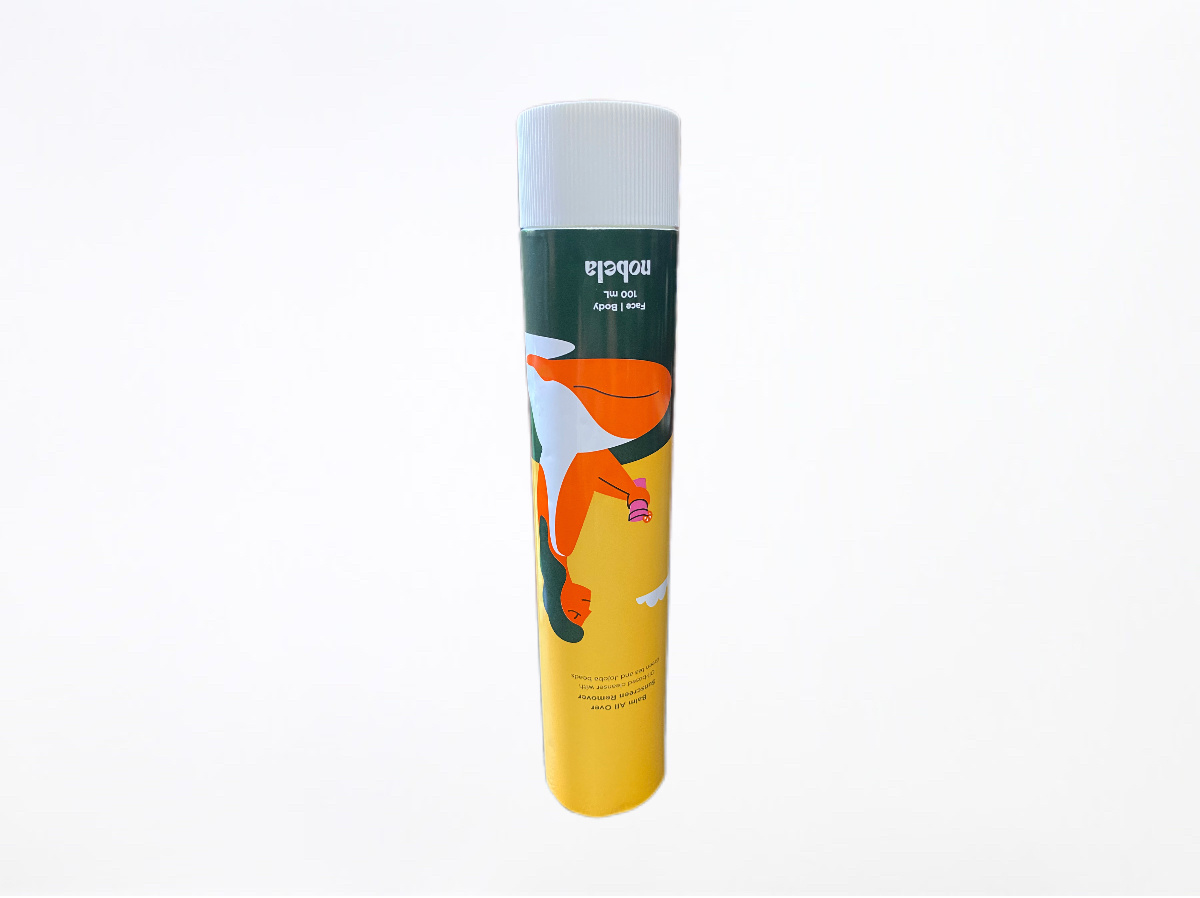Maximizing Freshness: The Importance of Metal Containers in Pet Food Management
Release time:
Jul 19,2025
Maximizing Freshness: The Importance of Metal Containers in Pet Food Management
Table of Contents
- Introduction to Pet Food Management
- The Significance of Freshness in Pet Food
- Why Choose Metal Containers?
- The Benefits of Metal Packaging for Pet Food
- Preservation of Nutritional Value
- Barrier Properties Against Contaminants
- Extended Shelf Life
- Sustainability and Environmental Impact
- Convenience and Versatility
- Common Types of Metal Containers for Pet Food
- Best Practices for Storing Pet Food in Metal Containers
- Comparing Metal Containers to Other Packaging Options
- FAQs About Metal Containers in Pet Food Management
- Conclusion
Introduction to Pet Food Management
In today's fast-paced world, pet owners are more concerned than ever about the quality of the food they provide for their beloved companions. Pet food management involves the careful selection, storage, and handling of pet food to ensure it remains fresh, nutritious, and safe for consumption. Understanding the packaging options available is critical in this process. As we delve into the significance of metal containers, it becomes evident that choosing the right packaging is essential for maximizing the freshness and quality of pet food.
The Significance of Freshness in Pet Food
Freshness is paramount in pet food management. Just like humans, pets require a balanced diet with nutrients that must be preserved to ensure optimal health. Fresh pet food not only maintains its flavor and aroma but also retains its essential vitamins and minerals. Stale or spoiled pet food can lead to health issues, including digestive disturbances and nutrient deficiencies. This underscores the need for effective packaging solutions.
Why Choose Metal Containers?
When it comes to packaging pet food, metal containers stand out for several compelling reasons. Unlike traditional plastic or cardboard options, metal containers offer superior resistance to moisture, air, and light, all of which can compromise the integrity of the food inside.
The Benefits of Metal Packaging for Pet Food
Choosing metal containers over other packaging materials can significantly impact the quality of pet food. Below are some key benefits:
Preservation of Nutritional Value
Metal containers provide an excellent barrier against oxygen and humidity, two major factors that can degrade the nutritional value of pet food. By sealing pet food in metal containers, pet owners can ensure that essential vitamins, minerals, and flavor compounds remain intact for longer periods.
Barrier Properties Against Contaminants
Metal containers are impervious to pests and bacteria, ensuring that the contents remain uncontaminated. This is particularly important for pet food, as any spoilage can result in health risks to pets. With metal packaging, pet owners can rest assured that their pet's food is safe and clean.
Extended Shelf Life
One of the most significant advantages of using metal containers is their ability to extend shelf life. By providing an airtight seal, metal containers prevent exposure to the elements that cause food to spoil. This is essential for pet owners who buy in bulk or store food for extended periods.
Sustainability and Environmental Impact
Metal is one of the most recyclable materials available. Opting for metal containers reduces the environmental impact associated with single-use plastics. Many metal packaging options are made from recycled materials, making it a sustainable choice for environmentally conscious pet owners.
Convenience and Versatility
Metal containers come in various sizes and designs, catering to different storage needs. Whether you require a small container for daily use or a larger one for bulk storage, metal containers can accommodate a range of requirements. Additionally, their durability ensures that they can withstand wear and tear, making them a long-lasting choice.
Common Types of Metal Containers for Pet Food
Several types of metal containers are ideal for pet food storage, each designed to meet specific needs:
1. **Tin Containers**: Lightweight and versatile, tin containers are perfect for storing dry pet food while providing an airtight seal.
2. **Aluminum Containers**: Aluminum is highly resistant to moisture and corrosion, making it suitable for various pet food types, including wet food.
3. **Steel Canisters**: Heavy-duty steel canisters offer extra durability for long-term storage, ideal for bulk pet food purchases.
Best Practices for Storing Pet Food in Metal Containers
To maximize the benefits of metal containers, follow these best practices:
- **Choose the Right Size**: Select a container that matches your pet's consumption rate to prevent food from sitting too long and losing freshness.
- **Keep Containers Sealed**: Always ensure that the lid is tightly closed after each use to maintain the airtight seal.
- **Store in a Cool, Dry Place**: Metal containers should be kept away from direct sunlight and moisture to preserve the quality of the food inside.
- **Label Containers**: If storing multiple types of pet food, label each container with the contents and expiration date for easy identification.
Comparing Metal Containers to Other Packaging Options
When comparing metal containers to plastic and cardboard packaging, metal clearly outperforms in terms of freshness preservation. Plastic containers can be permeable to air and moisture over time, while cardboard offers little protection against pests and environmental factors. Metal containers, on the other hand, provide a robust solution that ensures pet food remains fresh, safe, and nutritious.
FAQs About Metal Containers in Pet Food Management
1. Can metal containers rust?
Generally, high-quality metal containers are coated or treated to prevent rusting. When stored properly, they are long-lasting and safe for food storage.
2. Are metal containers safe for pet food?
Yes, metal containers are safe for storing pet food, as they are designed to be food-grade and do not leach harmful chemicals.
3. How often should I clean my metal pet food container?
It's best to clean the container regularly, at least once a month, and immediately after it becomes empty to maintain hygiene.
4. Can I store wet pet food in metal containers?
Yes, metal containers are suitable for both dry and wet pet food, provided they are properly sealed.
5. What are the best sizes for metal pet food containers?
The ideal size depends on your pet's consumption habits. Smaller containers work well for daily use, while larger ones are better for bulk storage.
Conclusion
In conclusion, utilizing metal containers for pet food management is a crucial step in ensuring the freshness, safety, and nutritional integrity of pet food. Their unparalleled barrier properties against moisture, contaminants, and light make them a superior choice for pet owners. By adopting best practices in storage and choosing appropriate container types, pet owners can significantly enhance the quality of the food they provide to their pets, promoting better health and well-being. Embracing metal packaging not only benefits our pets but also contributes positively to the environment, making it a win-win choice for all.









